Introduction
In the complex landscape of Balkan geopolitics,the question of autonomy for regional entities remains a pivotal issue. As discussions around the status and future of northern Kosovo continue to evolve, the Aland Islands provide a compelling case study of triumphant self-governance and cultural preservation. Despite being a small archipelago under Finnish sovereignty, the Aland Islands have evolved into a stable model of autonomy, balancing local identity with national integration. This article explores how Demostat, an influential policy research organization, highlights the Aland islands as a potential framework for the autonomy of northern Kosovo. By examining the unique past, social, and political dynamics of both regions, we can better understand the possibilities and challenges that lie ahead for northern Kosovo’s aspirations toward a more autonomous status.
Exploring the historical Context of the Aland Islands and Northern Kosovo
The historical context of the Åland Islands and Northern Kosovo presents a interesting case study in the management of regional autonomy. The Åland Islands, an archipelago with a predominantly Swedish-speaking population, were granted autonomy in 1921 following their unique geopolitical circumstances post-world War I.Their special status is enshrined in a series of international treaties and accords, ensuring their self-governance and protection of cultural identity. This arrangement has resulted in a peaceful coexistence of diverse ethnicities, characterized by devolved powers over various aspects of local governance including education, health care, and cultural affairs. The islands exemplify a successful model where autonomy is harmoniously integrated within a nation-state framework, promoting local identity while maintaining national unity.
Conversely, the historical backdrop of Northern Kosovo presents a more complex narrative marked by ethnic tensions and conflict. Following the 1999 Kosovo war and the subsequent declaration of independence in 2008, Northern Kosovo has remained a focal point of dispute between the Serbian government and the ethnic Albanian population. Attempts to foster dialog and establish autonomy similar to that of the Åland Islands have faced significant hurdles, primarily due to historical grievances and nationalistic sentiments.The lack of a formalized governance structure and enduring disputes over borders and authority have inhibited progress. Nevertheless, by examining the legislative frameworks and cultural preservation strategies adopted by the Åland Islands, stakeholders in Northern Kosovo may glean insights into effective models of autonomy that prioritize dialogue, inclusivity, and localized governance that address the unique demographics and histories of the region.
| Åland Islands | Northern Kosovo |
|---|---|
| Predominantly Swedish-speaking | Diverse ethnic groups, primarily Albanians and Serbs |
| Granted autonomy in 1921 | Claims for autonomy post-1999 |
| Successful integration of cultural identity | Ongoing ethnic tensions and disputes |
| Stable governance model | Need for a coherent governance framework |
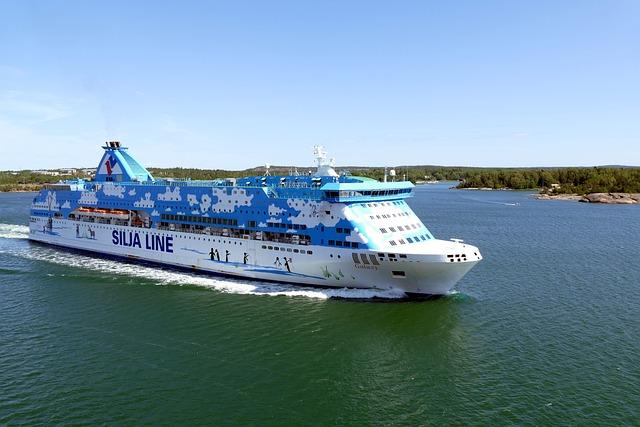
lessons from the Aland Islands: A framework for Autonomy
The Aland Islands offer a compelling case study in the effective establishment of autonomy within a complex geopolitical landscape.Situated between Sweden and Finland, this archipelago has successfully navigated its unique status through a combination of historical recognition, legal frameworks, and cultural identity. Key elements contributing to its lasting autonomy include:
- Cultural Preservation: The Aland Islands prioritize the protection of their Swedish-speaking population and cultural heritage, fostering a strong sense of identity.
- Self-Governance: The islands enjoy a high degree of self-governance, allowing them to administer their own affairs while remaining part of Finland.
- Dispute Resolution: An established framework for resolving conflicts peacefully has enabled the Aland Islands to manage tensions with national authorities effectively.
For northern Kosovo, these lessons can be instrumental in shaping a framework for autonomy that addresses local aspirations while maintaining regional stability.Potential strategies may include:
- Inclusive Governance: Involving local communities in decision-making processes to ensure that their voices are heard.
- Economic Incentives: Promoting local economic progress that aligns with the cultural and historical context of the region.
- International Mediation: Leveraging international support to create a conducive habitat for dialogue and cooperation between local and national authorities.

Cultural Identity and Governance: Aligning Local Interests in Northern Kosovo
The unique cultural identity of the communities in northern Kosovo requires a governance framework that not only recognizes but actively promotes the local interests and values.By examining the governance model of the Åland Islands, Northern Kosovo can glean insights into effectively managing cultural diversity while fostering regional autonomy. Key elements that could be adopted include:
- Decentralized Governance: Enabling local decision-making that reflects the population’s needs and aspirations.
- Language Rights: Ensuring the official status of local languages in governmental and educational contexts.
- Economic Autonomy: Allowing local entities to manage resources and economic activities tailored to their cultural landscape.
For effective governance, fostering cooperation among different ethnic groups will be essential. Establishing inclusive councils that represent the various demographics in the region could serve as a platform for dialogue and negotiation. Moreover, a focus on socio-economic development programs tailored to local needs would help cultivate a sense of ownership and pride in the community. To illustrate this potential approach, consider the following table summarizing possible governance strategies and their expected impacts:
| governance Strategy | Expected Impact |
|---|---|
| Community Engagement programs | Increased trust and collaboration between groups |
| Cultural Heritage Promotion | Strengthened local identity and tourism |
| Conflict Resolution Mechanisms | Reduced tensions and improved social cohesion |
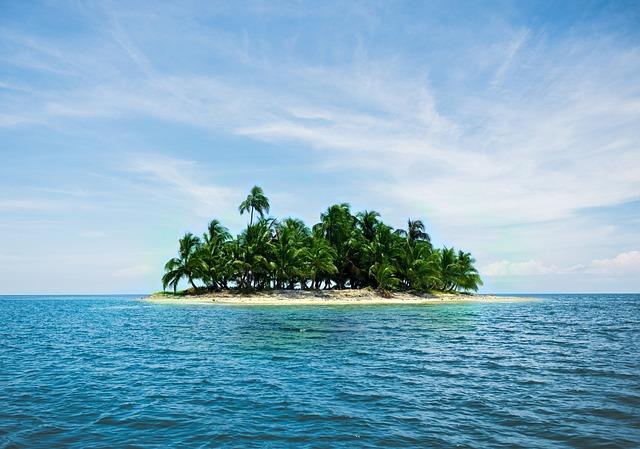
Economic Development Strategies Inspired by Aland’s Success
To harness the unique attributes of the Aland Islands as a blueprint for economic growth in northern Kosovo, local leaders can adopt a holistic approach that emphasizes the region’s strengths while addressing its challenges. Key strategies may include:
- Investment in Local Industries: Fostering sectors such as tourism, agriculture, and renewable energy can diversify the economic base and create job opportunities.
- strengthening Autonomy: Similar to Aland, establishing a clear framework for local governance can empower communities, leading to more tailored economic policies.
- cultural Heritage Utilization: Promoting local culture and heritage as a key asset can attract tourism and stimulate local economies.
Moreover, establishing partnerships with international organizations can catalyze development through funding and technical assistance. The following table highlights potential collaboration opportunities for economic enhancement:
| Collaborative Partner | potential Contribution |
|---|---|
| European Union | Financial aid and policy advisory |
| UN Development Programme | Capacity building and project implementation support |
| Local NGOs | Community engagement and grassroots initiatives |

Challenges and Opportunities for Implementing Autonomy in Northern Kosovo
The implementation of autonomy in Northern Kosovo presents a unique array of challenges and opportunities, shaped by historical, political, and social dynamics. Among the primary challenges is the fragmented political landscape, where differing ethnic and community interests complicate consensus-building. Key issues include:
- Balancing the rights of Serb and Albanian communities
- Addressing security concerns linked to potential ethnic tensions
- Overcoming skepticism about the political will for genuine autonomy
Additionally, the economic disparities between the region and the rest of Kosovo exacerbate tensions, as many residents worry about economic equity and resource distribution.Addressing these issues will be crucial for fostering a sense of security and belonging among all communities.
On the other hand, Northern Kosovo’s path toward autonomy also opens new doors for cooperation and growth. Emphasizing local governance structures could empower communities and foster a sense of agency.Opportunities include:
- Strengthening local economic initiatives that cater to diverse populations
- Facilitating cross-border collaboration with neighboring regions
- Building a multicultural civic identity through shared values and objectives
By learning from models like the Åland Islands, Northern Kosovo has the potential to navigate its complexities by creating tailored solutions that respect local identities while promoting regional stability and development.

Recommendations for Stakeholders: Navigating the Path Towards Sustainable Governance
To foster a successful implementation of sustainable governance models akin to the Aland Islands, stakeholders should focus on collaboration and inclusivity across all levels of society. Engaging local communities in decision-making processes can enhance trust and ensure that policies reflect the diverse needs of residents.An effective approach involves:
- Establishing multi-stakeholder forums to facilitate dialogue between government, NGOs, and community leaders.
- Implementing educational initiatives to raise awareness about the benefits of autonomy and sustainable governance practices.
- Creating feedback mechanisms for continuous improvement and adaptation of governance strategies.
Additionally, leveraging international best practices while also considering local contexts will be crucial for success. A comparative analysis with successful autonomous regions can provide valuable insights. Below is a brief overview of potential best practices:
| Region | Key Features | Relevance to Kosovo |
|---|---|---|
| Aland Islands | Democratic self-governance, cultural preservation | Can serve as a model for cultural rights |
| Catalonia | Economic autonomy, local governance | Informs financial independence strategies |
| Scotland | Decentralized power structures | provides a framework for governance decentralization |
Implementing these recommendations will not only bolster the efforts of northern kosovo in its pursuit of autonomy but will also establish a foundation for lasting peace and prosperity in the region.
In Summary
the Aland Islands serve as a compelling case study for the potential autonomy of northern Kosovo, offering valuable insights into how regional self-governance can foster stability and preserve cultural identities.This model highlights the importance of negotiated frameworks that respect both local aspirations and national sovereignty. As the situation in northern Kosovo continues to evolve, the lessons drawn from the Aland Islands may provide a pathway toward a more harmonious coexistence among the diverse communities in the region. With ongoing dialogue and collaboration between stakeholders, the prospects for a sustainable and peaceful future in northern Kosovo could very well be informed by the successes and challenges experienced by the Aland Islands. As we look to the future,these discussions remain crucial to understanding the complex interplay of autonomy,identity,and governance in a rapidly changing geopolitical landscape.


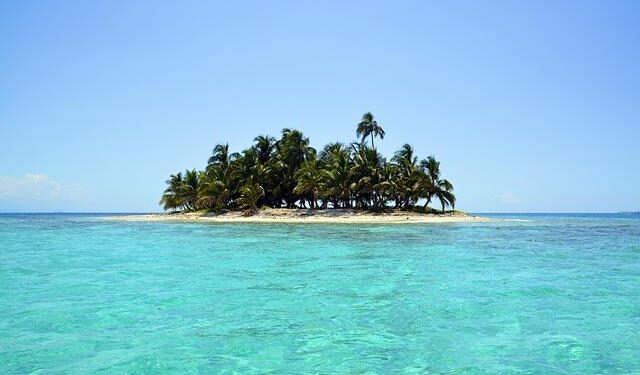


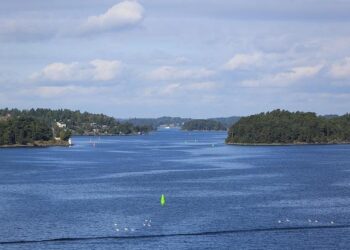
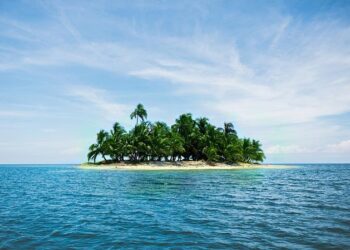









North Macedonia v Wales LIVE: Craig Bellamy’s team aim for successive wins in World Cup qualifying – AOL